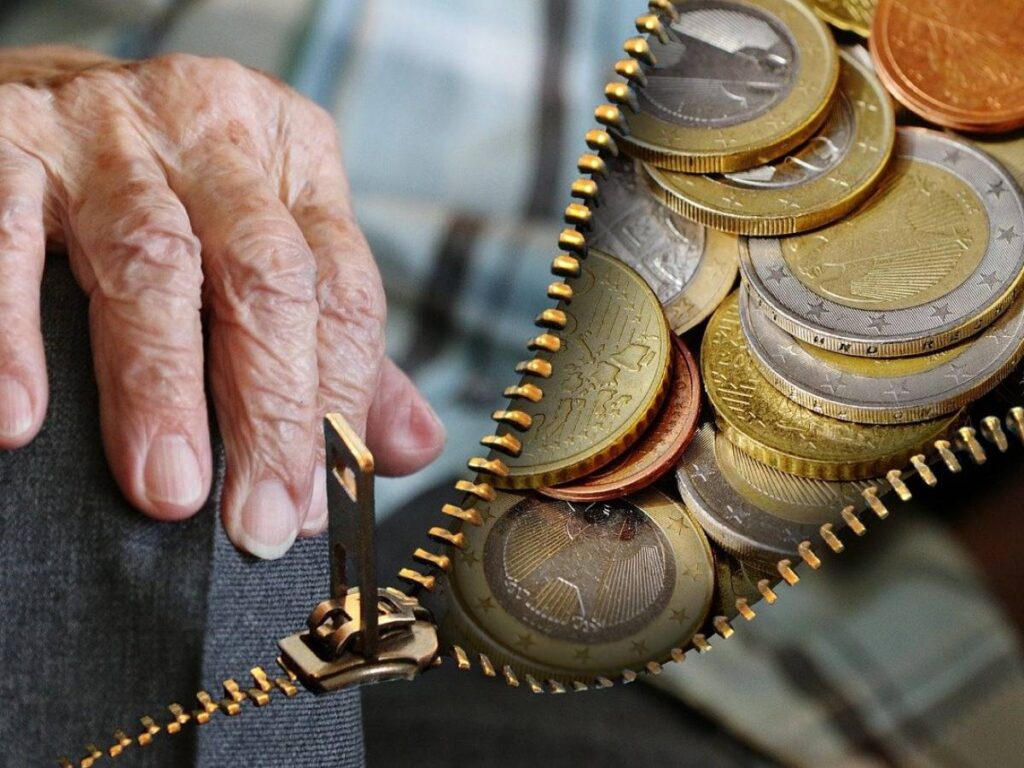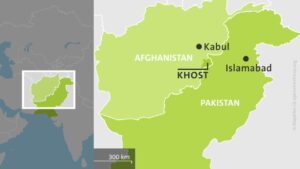
The European Union is developing a package of measures to strengthen the complementary pension system, with the aim of making it more accessible and more widely used in the pension system. The starting point is the European demographic context: an aging population is placing increasing pressure on public budgets and mandatory pension systems, which may make it difficult to guarantee adequate incomes for future generations. Therefore, Brussels considers it necessary to expand the role of additional funds, so as to support the public pillar and enable workers to build more balanced pensions.
Complementary systems
Currently, participation in the supplementary system remains quite low. Only a small proportion of workers join company funds and an even smaller number use individual pension products. This situation risks creating a significant gap between the income received during working life and the income available at retirement. This phenomenon impacts the entire population, but it is especially pronounced in the case of women, who often receive lower pensions due to more intermittent careers, lower average salaries and more part-time work.
Registration of additional pension funds
To encourage wider participation, the Commission proposed to Member States to introduce automatic enrollment in additional pension funds. This mechanism provides that workers are automatically included in additional programs, while maintaining full freedom to leave the program. The choice remains with national governments, who will be able to decide whether or not to adopt this measure, which has proven effective in several European countries in increasing membership numbers.
Pep
Another important element of the plan is PEPP, a pan-European individual pension product introduced in 2022. The spread so far has been lower than expected, which is why the Commission intends to change its rules to make them simpler. cheaper and easier to recognize. The proposal includes the creation of a basic version of PEPP, characterized by low costs and invested in simple financial instruments, allowing faster access even without the intervention of consultants. For savers interested in more complex solutions, the possibility to choose products tailored to more complex instruments will remain available.
Elimination of commission
Among the hypothesized changes is also the removal of the commission limit, with the aim of making the product more attractive to financial intermediaries and, consequently, more easily available on the European market. Furthermore, the KPPU estimates that the tax treatment of PEPP must be equivalent to the tax treatment given to national pension products, to avoid disparities that could slow down their use.
This framework is complemented by updates to prudential regulations, with the aim of encouraging greater investment diversification, including equity components, which are considered useful for generating more stable returns in the long term.





